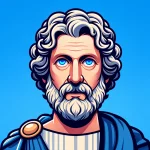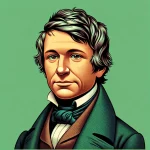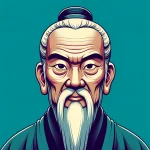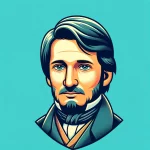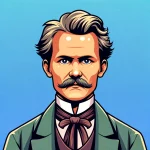William Faulkner
Intro William Faulkner was a novelist from Mississippi and a major figure in American literature. He wrote 13 novels and a number of short stories, mainly set in the American South in the early 20th century. His work helped define the genre of Southern Gothic, in which the traditional tropes of Gothic literature (isolation, decay, madness, death, disease) are set against the backdrop of the southe... »

